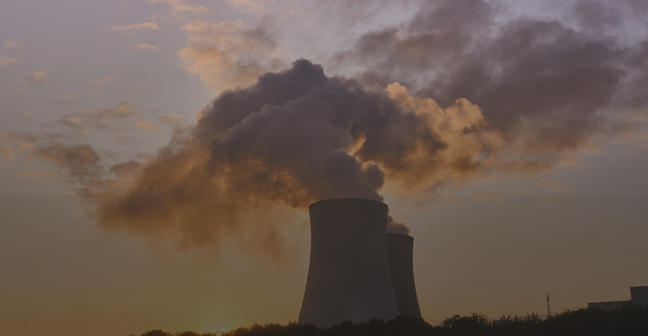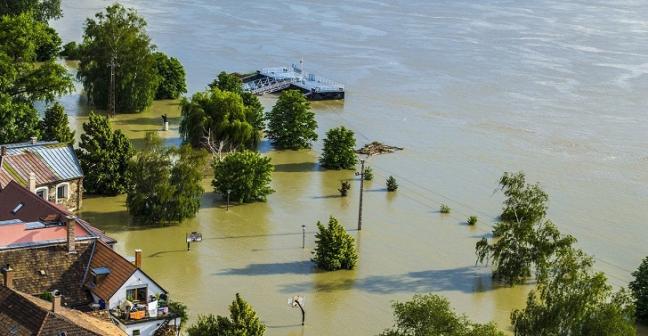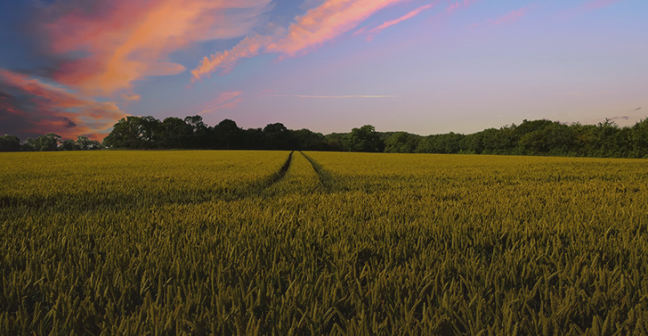It has now been eight years since the production of the IAQM guidance on the assessment of odours for planning (pdf). The guidance has been widely used and accepted by planning authorities.
In this webinar Michael Bull, the chair of the working group that produced the...






